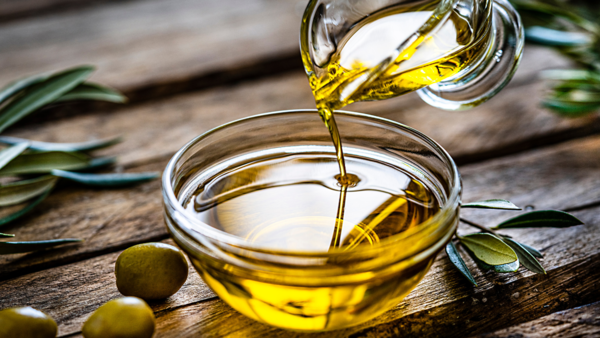There are numerous health issues, like diabetes, arthritis, heart disease, and some forms of cancer, that are associated with chronic inflammation. Our kitchen pantry is the best pharmacy with the most effective anti-inflammatory products. While there isn’t any one single anti-inflammatory diet, we can
reduce inflammation
and improve our health by incorporating foods that have anti-inflammatory properties and following healthy eating practices. Many people have found their new selves after losing weight through an anti-inflammatory diet. This list includes big names from B-town like Vidya Balan and Samantha Ruth Prabhu. In a now viral video, actress Vidya Balan talked about how an
anti-inflammatory diet
helped her lose the weight she had been aiming for for years.
She said, “You know, I’ve struggled to be thin all my life,” in an interview with a media house. I’ve been obsessively exercising and dieting. I would occasionally lose weight, but it would always return. Then, early this year, I got on an anti-inflammatory diet, and it was a huge success. As I had cut out foods that didn’t work for me, the weight simply dropped off.
During an online Q&A, actress Samantha responded, “I follow a strict anti-inflammatory diet, which is crucial to the management of my illness. It helps me stay inside a certain weight range that is optimal for myositis.” Both actors emphasize that, particularly for people with underlying medical disorders, weight problems might occasionally be more related to inflammation than fat.
Here are 5 ways to embrace an anti-inflammatory diet:
Include whole, plant-based foods
Include a range of whole grains/millets, fruits, veggies, lean proteins, and healthy fats in your meals. These food groups are rich in nutrients that help fight inflammation. Give priority to prebiotics like oats, bananas, and legumes, as well as probiotics like yogurt, kefir, and fermented veggies. Inflammation can be significantly decreased by maintaining a healthy gut microbiome.
Choose healthy fats
According to Dr. Meghana Pasi, head dietician, MyThali, “Choose foods high in unsaturated fats, such as avocados, olive oil, and fatty seafood like mackerel and salmon. Chia seeds, walnuts, flax seeds, and fatty fish contain Omega-3 fatty acids, which are linked to lower inflammation and a reduced risk of developing chronic diseases. These foods are high in antioxidants, which can help reduce inflammation.
Include herbs and spices
Spice foods with garlic, ginger, turmeric, and cinnamon. These ingredients are simple to incorporate into teas, soups, and smoothies and have inherent anti-inflammatory qualities. Spices like rosemary, cloves, sage, and cumin have immense anti-inflammatory properties. Even minute quantities of these spices have the potential to reduce oxidative stress.
Include anti-inflammatory drinks and probiotics
According to Varsha Sharma, dietician, Sharda Hospital, “Green tea, herbal infusions, turmeric milk, and ginger tea are loaded with antioxidants that can help lower inflammation. Further, probiotics like fermented food and yogurt can keep the gut microbiome healthy to fight infections.”
Avoid processed foods
Steer clear of highly processed meals, trans fats, and refined carbohydrates, as they can cause inflammation. Swap them out with home-cooked meals made with natural, whole ingredients. Packaged foods have zero nutritional value and are very high in saturated fats, trans fats, added sugars, and excessive salt, which can raise “bad” LDL cholesterol, blood pressure, and blood sugar levels and even cause cancer.
What should be your diet during periods?
I’m Manas Ranjan Sahoo: Founder of “Webtirety Software”. I’m a Full-time Software Professional and an aspiring entrepreneur, dedicated to growing this platform as large as possible. I love to Write Blogs on Software, Mobile applications, Web Technology, eCommerce, SEO, and about My experience with Life.





